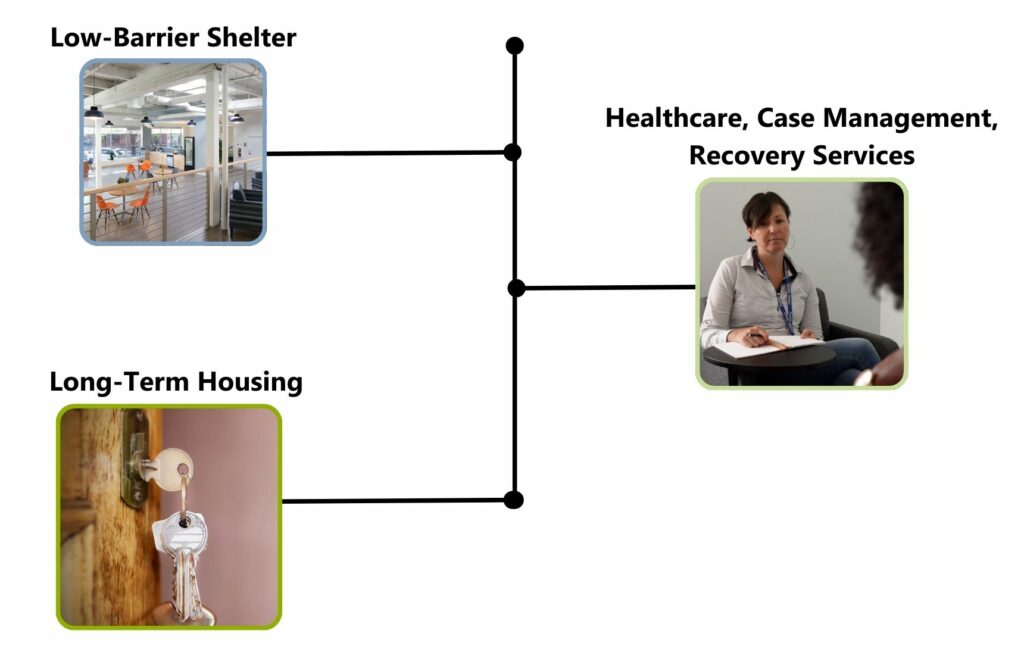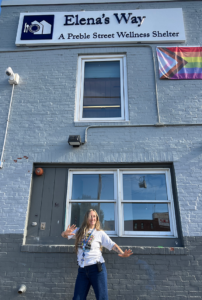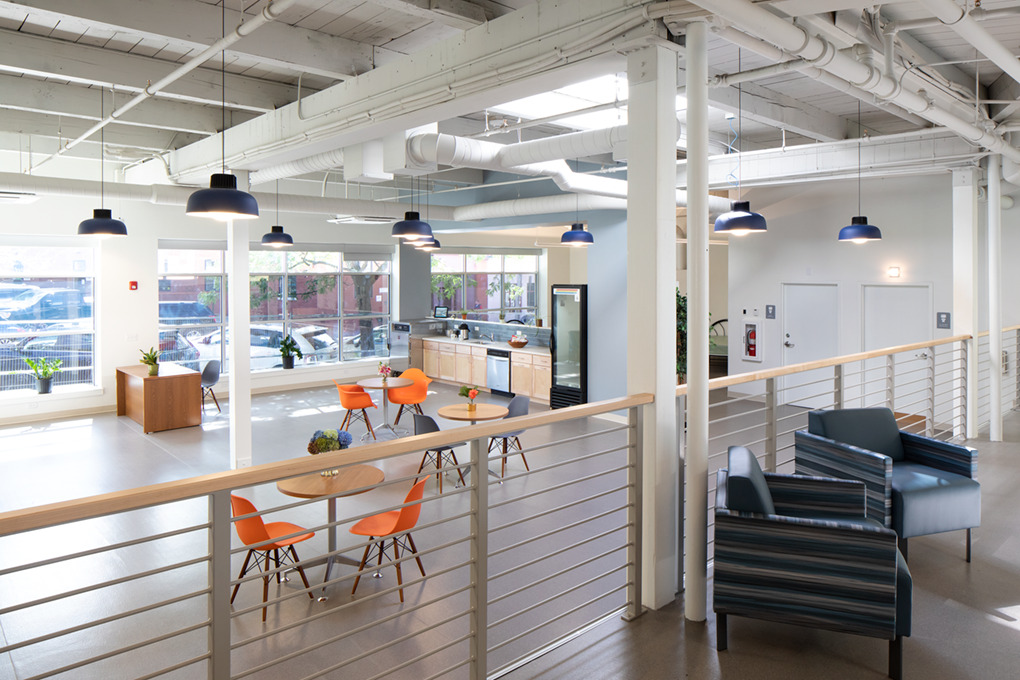Significant and ongoing funding is needed to keep Maine’s professional, low-barrier shelters open. On Friday, February 23, 2024, the Committee on Appropriations and Financial Affairs will consider funding for emergency shelters and low-barrier shelters. Please reach out to the AFA committee, using the drafted email below or with a personalized email. You can refer to the bottom of the page for all the Committee member’s contact information.
Hello AFA Committee Members,
I am writing to you today on behalf of Preble Street to request $10M and $2.5M be allocated from the supplemental budget to emergency shelter and low-barrier shelter funding, respectively.
Maine is experiencing a homelessness crisis, and our low-barrier shelters are in danger of closing due to a lack of sustainable funding, operating at a four-million-dollar cumulative deficit.
Emergency shelters and low-barrier shelters are a vital part of any healthy community.
Please support this critically important funding to keep our emergency shelters and low-barrier shelters open and serving the community.
Thank you,
Your Name
Low-barrier shelters are the emergency rooms in the journey from shelter to housing. They’re often the first step toward long-term housing.
They connect unsheltered Mainers to life-saving services, like healthcare, case management, and recovery programs/services. These services can be provided on-site or through community partners.

These necessary and comprehensive services come with significant staffing requirements and operating costs. Due to a lack of sustained and permanent funding, the only five low-barrier shelters in Maine are currently operating at a nearly four-million-dollar cumulative deficit.
And, one of these five low-barrier shelters, Hope House Health & Living Center in Bangor, plans to close in October 2024 due to rising costs and a lack of funds. Hope House, a 64-bed, low-barrier shelter, is Bangor’s largest shelter and Maine’s only low-barrier shelter north of Waterville. Its closure would be devastating to more than 300 people, experiencing homelessness – many with untreated substance use or mental health issues – who find shelter at Hope House.
This funding from the supplemental budget for emergency shelters and low-barrier shelters is critical to ensuring the long-term health and survival of Hope House and low-barrier shelters across the state of Maine.
There are only five low-barrier shelters in Maine: Bangor’s Hope House Health & Living Center in Bangor, operated by Penobscot Community Health Center (PCHC); Waterville’s Mid-Maine Homeless Shelter & Services (MMHSS); Portland’s Milestone Recovery, Preble Street’s Elena’s Way Wellness Shelter, and Florence House Women’s Shelter.
Members of the AFA Committee
Senator Margaret Rotundo of Androscoggin – Chair, D – Senate District 21
Senator Jill Duson of Cumberland, D – Senate District 27
Senator Richard Bennett of Oxford, R – Senate District 18
Representative Nathan Carlow of Buxton, R – House District 13
Representative Jack Ducharme of Madison, R – House District 71
Representative Drew Gattine of Westbrook, D – House District 126
Representative Melanie Sachs of Freeport – Chair, D – House District 102
Representative Dan Ankeles of Brunswick, D – House District 100
Representative Mark Blier of Buxton, R – House District 138
Representative Benjamin Collings of Portland, D – House District 114
Representative Jessica Fay of Richmond, D – House District 86
Representative Ann Matlack of St. George, D – House District 43
Representative Sawin Millet of Waterford, R – House District 81

Staff Highlight: Judith Uwimbabazi – “The human being that I am today is because of Preble Street and working hard”
Preble Street staff are #CompassionInAction, and we want you to get to know them! This month, we’re introducing you to Judith Uwimbabazi, Caseworker at Elena’s Way Wellness Shelter Name, title, and program: Judith, caseworker, Elena’s Way How long have you worked at Preble Street? Since December 2017. What do you like best about your role? Helping people and

Staff highlight: Sarah Geores – “I’m constantly learning”
Preble Street staff are #CompassionInAction, and we want you to get to know them! This month, we’re introducing you to Sarah Geores, Caseworker at Elena’s Way Wellness Shelter Name, title, and program: Sarah, caseworker, Elena’s Way How long have you worked at Preble Street? Since December 2022 What do you like best about your role?

Maine’s 40 Emergency Shelter Providers are thankful for one-time funding to support shelter operations
Maine’s emergency shelter providers applaud the passage of LD 698, An Act to Sustain Emergency Homeless Shelters in Maine. Relying on a mix of private philanthropy and government funding, emergency shelters have faced rising costs, weathered the pandemic and inflation, and continued to meet the changing and complex needs of individuals and families who need
